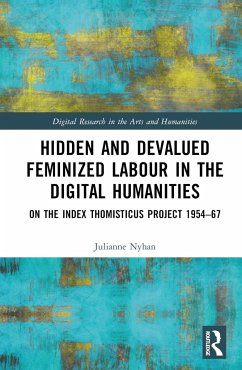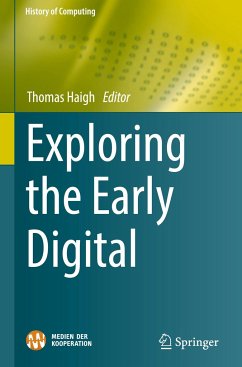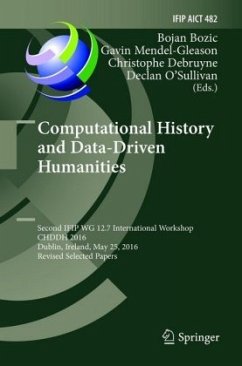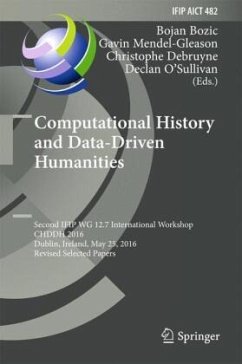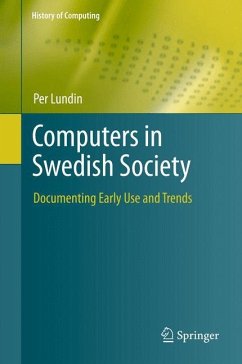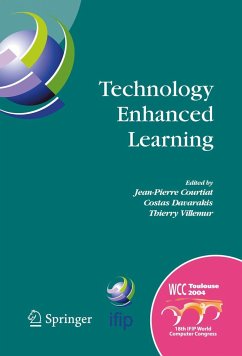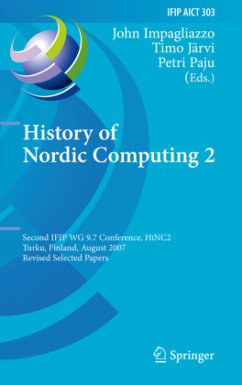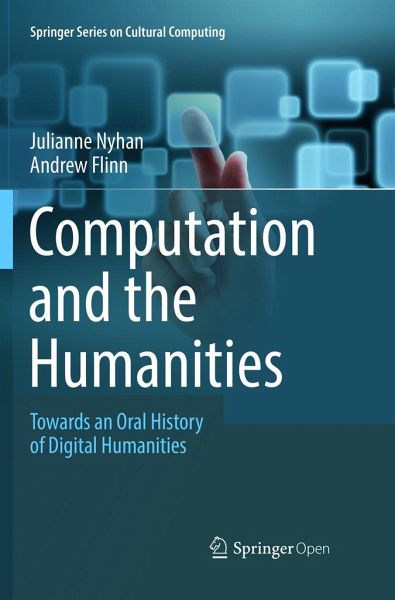
Computation and the Humanities
Towards an Oral History of Digital Humanities

PAYBACK Punkte
19 °P sammeln!
This book addresses the application of computing to cultural heritage and the discipline of Digital Humanities that formed around it. Digital Humanities research is transforming how the Human record can be transmitted, shaped, understood, questioned and imagined and it has been ongoing for more than 70 years. However, we have no comprehensive histories of its research trajectory or its disciplinary development. The authors make a first contribution towards remedying this by uncovering, documenting, and analysing a number of the social, intellectual and creative processes that helped to shape t...
This book addresses the application of computing to cultural heritage and the discipline of Digital Humanities that formed around it. Digital Humanities research is transforming how the Human record can be transmitted, shaped, understood, questioned and imagined and it has been ongoing for more than 70 years. However, we have no comprehensive histories of its research trajectory or its disciplinary development. The authors make a first contribution towards remedying this by uncovering, documenting, and analysing a number of the social, intellectual and creative processes that helped to shape this research from the 1950s until the present day.
By taking an oral history approach, this book explores questions like, among others, researchers' earliest memories of encountering computers and the factors that subsequently prompted them to use the computer in Humanities research.
Computation and the Humanities will be an essential read for cultural and computing historians, digital humanists and those interested in developments like the digitisation of cultural heritage and artefacts.
This book is open access under a CC BY-NC 2.5 license
By taking an oral history approach, this book explores questions like, among others, researchers' earliest memories of encountering computers and the factors that subsequently prompted them to use the computer in Humanities research.
Computation and the Humanities will be an essential read for cultural and computing historians, digital humanists and those interested in developments like the digitisation of cultural heritage and artefacts.
This book is open access under a CC BY-NC 2.5 license



